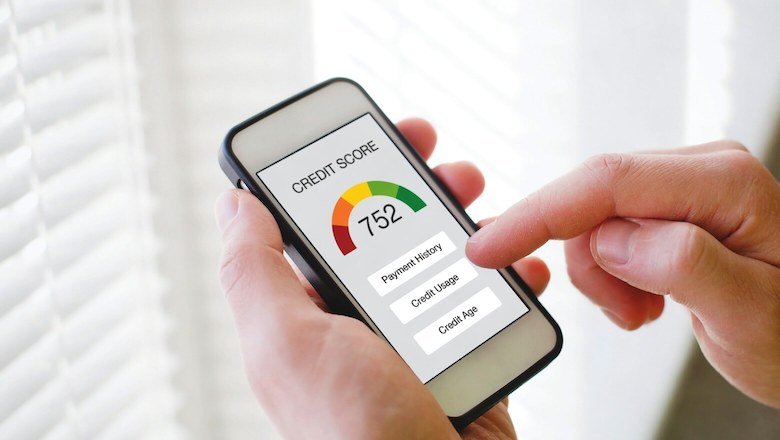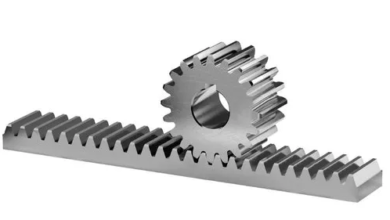How to Pay Back Debts to Improve Your Credit Score

Managing debt and improving your credit score are essential steps toward achieving long-term financial stability. A strong credit score can open doors to better loan rates, job opportunities, and more favorable financial products, while poor credit can limit your financial options. Paying down debt is one of the most effective ways to improve your credit score, but doing so requires a structured plan and a clear understanding of how different types of debt impact your credit. This article will guide you through the process of paying back debts strategically and improving your credit score along the way.
Creating a Debt Repayment Plan
The key to successfully paying back debt and improving your credit score is developing a clear repayment plan. Start by listing all your outstanding debts, including the total balance, interest rate, minimum monthly payment, and the due date for each loan or credit card. This will give you a comprehensive picture of your debt situation and help you prioritize which debts to pay off first.
A good strategy is to focus on high-interest debts, such as credit cards or payday loans, because these accumulate interest quickly and can become more expensive over time. Paying these off first can save you money in the long run. Once you’ve paid off high-interest debt, you can direct those funds toward tackling other loans or debts with lower interest rates.
An alternative approach is the “debt snowball” method, where you pay off the smallest debt first, regardless of interest rate, and then move on to the next smallest debt. While this method doesn’t save as much in interest, it can provide psychological benefits by giving you quick wins and helping to build momentum.
FOR INFORMATIVE CONTENT VISIT.. : Hot Air Balloon Rides
For borrowers with multiple types of debt, such as private student loans or auto loans, consolidating or refinancing might be an option to consider. Consolidating your loans into one can simplify payments and potentially lower interest rates, making it easier to manage your debt.
Setting Up Automatic Payments
One of the easiest ways to improve your credit score is to ensure that all your payments are made on time. Setting up automatic payments for at least the minimum monthly payment on all your credit accounts can help you avoid late fees and prevent negative marks on your credit report. Late payments are one of the most damaging factors to your credit score, so making timely payments should be a priority in any debt repayment plan.
If you’re struggling to make the minimum payments, consider reaching out to your creditors. Many lenders are willing to work with borrowers who are facing financial difficulties, offering temporary forbearance or deferment, or providing modified payment plans. While these solutions may not be ideal, they can provide some breathing room while you work toward improving your financial situation.
Minimizing Credit Utilization
Another critical aspect of improving your credit score while repaying debt is minimizing your credit utilization ratio. This ratio is calculated by dividing your credit card balances by your credit limits. For example, if you have a credit limit of $10,000 and a balance of $3,000, your credit utilization is 30%. Credit scoring models generally recommend keeping your credit utilization ratio below 30%, as higher utilization rates can signal to lenders that you are relying too heavily on credit.
As you work to reduce your debt, it’s important to avoid increasing your credit card balances. Avoid adding new debt or making unnecessary purchases, as this can negate your progress and hinder your ability to improve your credit score. Also, consider requesting a credit limit increase from your credit card issuer. By increasing your available credit while keeping your balance steady, you can reduce your credit utilization ratio and positively impact your score.
In Conclusion
Paying back debt to improve your credit score is a journey that requires discipline, strategy, and persistence. By prioritizing high-interest debts, making timely payments, minimizing credit utilization, and educating yourself on your financial options, you can make significant strides toward improving your credit profile. Whether you’re managing credit card debt, student loans, or other types of borrowing, a well-executed debt repayment plan can help you achieve financial stability and unlock new opportunities for future growth.





